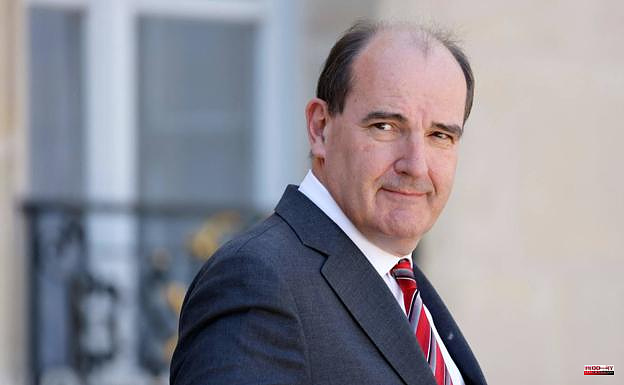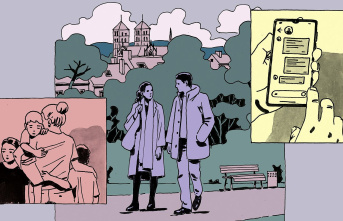French Prime Minister Jean Castex presented his resignation and that of his government to the President of the Republic, Emmanuel Macron, three weeks after the presidential elections. The change of government will take place a month before the legislative elections on June 12 and 19, in which the 577 seats of the National Assembly are renewed.
Castex traveled by car to the Elysée Palace to deliver his letter of resignation and that of his government to Macron by hand. And the president has accepted it, the Elysee said in a statement.
According to article 8 of the French Constitution, the president of the republic appoints the new prime minister. And, at his proposal, he will appoint the other members of the Government in the coming days.
The announcement of the resignation of Castex and his government has not been a surprise. It was expected from the presidential ones. Although the prime minister is not required by law to resign, he is part of the republican tradition, after the re-election of a president. It is a way for the re-elected president to show that he has heard the message of the French in the presidential elections and that he begins his second term with a new team at the helm.
The website of the Gallic Government published by mistake last Saturday the announcement of the resignation of Castex. The prime minister had planned to travel to the Vatican on Sunday, but the trip was finally canceled because Macron traveled to the United Arab Emirates that day. The president and the prime minister cannot be outside French territory at the same time.
A senior civil servant and educated at the prestigious National Administration School (ENA), Castex, 56, was unknown to most French people before Macron named him prime minister in July 2020 to replace Édouard Philippe.
Politically he came from the right. He was a member of the Republican party and close to Nicolas Sarkozy, under whose orders he worked at the Elysée Palace as deputy general secretary.
For 12 years (2008-2020) he was mayor of Prades (Prada, in Catalan), a town of 6,000 inhabitants in the Pyrenees-Orientales department, near the Spanish border and of great symbolic value for Catalanism. He speaks Spanish and a little Catalan.
He went through different positions in Paris until Macron put him in April 2020 in charge of piloting the de-escalation, after the first confinement due to the Covid-19 pandemic. The French press called him "Mr. deconfinement."
His almost two years at Matignon have been marked by the pandemic. He now plans to take a three-week family vacation in the Pyrenees to rest.
Unlike other former French prime ministers who have complained of "Matignon hell", Castex is delighted with the position and considers it a source of pride to have held this position, as he explained on France Télévisions.
Castex, who has a strong southern accent and is a rugby fan, has managed to maintain the image of a good-natured head of government close to the French. He is not so identified with the Parisian elite, despite having studied, like Macron, at the ENA, a breeding ground for French presidents and high-ranking officials.
When he was elected to the post, he expressed his desire to be "a prime minister of the territories." In his almost two years in office, he has made 351 trips throughout France, a record.
Macron is expected to name a woman at Matignon. According to the television network BFMTV, the favorite is Élisabeth Borne, current Minister of Employment and former Minister of Ecology. The name of this left-wing official has been in all the pools to replace Castex.
In the Fifth Republic, France has only had one prime minister: Edith Cresson, appointed in 1991 by the socialist president François Mitterrand during his second term. Cresson lasted only eleven months on the job. The former prime minister has denounced these days the machismo of the French political class of the time. “A lot of courage is required” for the position, explains the veteran politician.
According to an Ifop poll for Le Journal du Dimanche, 74% of the French are in favor of the appointment of a female prime minister.
7












![[VIDEO] Pope, with knee pain, asks Mexicans for “a...](https://www.indonewyork.com/images/haberler/thumbs/2022/05/_15e2d.png)